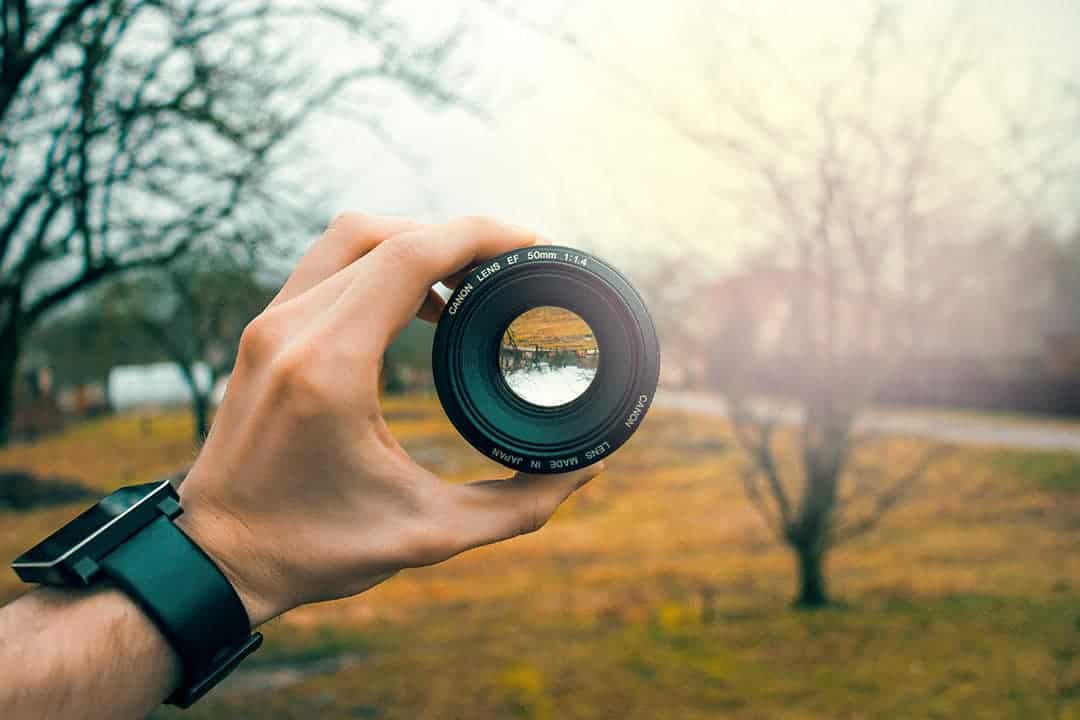Want to read all of the Qur’an more than once this Ramadan? Want to stay awake until Suhoor (pre-dawn meal before fasting) doing ‘ibaadah (worship)? Want to make this Ramadan better than all the rest?
These are all worthwhile goals, but to make most of the changes we want to create, it should start with some self-reflection.
We have this notion of being “better than before” but let’s concentrate first on being yourself. Developing an awareness of our actions and mental and emotional states, can do us a favour when going the extra mile to push oneself to becoming better.
Last week, we mentioned self-acceptance is like the Ramadan of the Islamic calendar, but it doesn’t just stop at accepting oneself or with the month of Ramadan; we continuously need to check on ourselves in order for us to improve, do better and grow.
“Indeed, Allah will not change the condition of a people until they change what is in themselves.”
~ Qur’an 13:11
Islamically, we are reminded to improve upon ourselves to be the change we want to see. Personal growth relies on learning and loving oneself, which relies on self-reflection, but what does that mean? According to the dictionary, it’s “the activity of thinking about your own feelings and behaviour, and the reasons that may lie behind them”. Before we resolve to change a habit or make ambitious goals, take time to engage in self-reflection.
Introspection, that is turning the focus of your attention inward and engaging in an attitude of curiosity about what makes you, you, is one way to foster self-reflection. With anything, a balanced approach should be taken because both extremely high and extremely low self-reflection have been considered as risk factors for psychological maladjustment (Hoyer & Klein, 2000).
This can be done in many ways such as knowing your values – if you do not know what is important to you or why you believe what you believe, how can we evaluate whether or not we are living by those values and manifesting our best self? Being honest with yourself, and setting realistic goals can also aid in self-reflection.
It is reported that Al-Hasan al-Basri – Allāh have mercy on him – said:
“A man remains upon good as long as he knows what things spoil his deeds.”
~ Ahmad ibn Hanbal, Al-Zuhd p339
As humans we can be creatures of habit. Some of these habits are good for this life and the Hereafter whilst others are not. It’s good to be aware of our habits so we can actively weaken the ones we don’t need or want, and strengthen the ones we do.
Let’s consider what we have done this first week of Ramadan. It may not have been the best of starts but change is hard and old habits can be hard to break so forgive yourself and resolve to constantly strive to become a better you. Instead of reflecting in a way that seems all hope is lost (it is not), know that it’s great having the intention to do better – intentions count and they can then help to form actions bi’ithnillah (with the permission of Allah).
Yes, Ramadan is where you have a sense of ‘Islamic atmosphere’ regardless of where you are in the world, however it isn’t all about changing. Ramadan is a means to grow and improve upon oneself insha’Allah (if Allah wills), with the best environment in a month where good deeds are rewarded even more.
Nothing is a quick fix and changing yourself doesn’t always have long-term results, whereas growing, understanding and acceptance oneself does, but it’s something that needs effort because we are all works in progress.
May Allah help us to improve and accept ourselves, Ameen.
What are your goals of growth this year?




